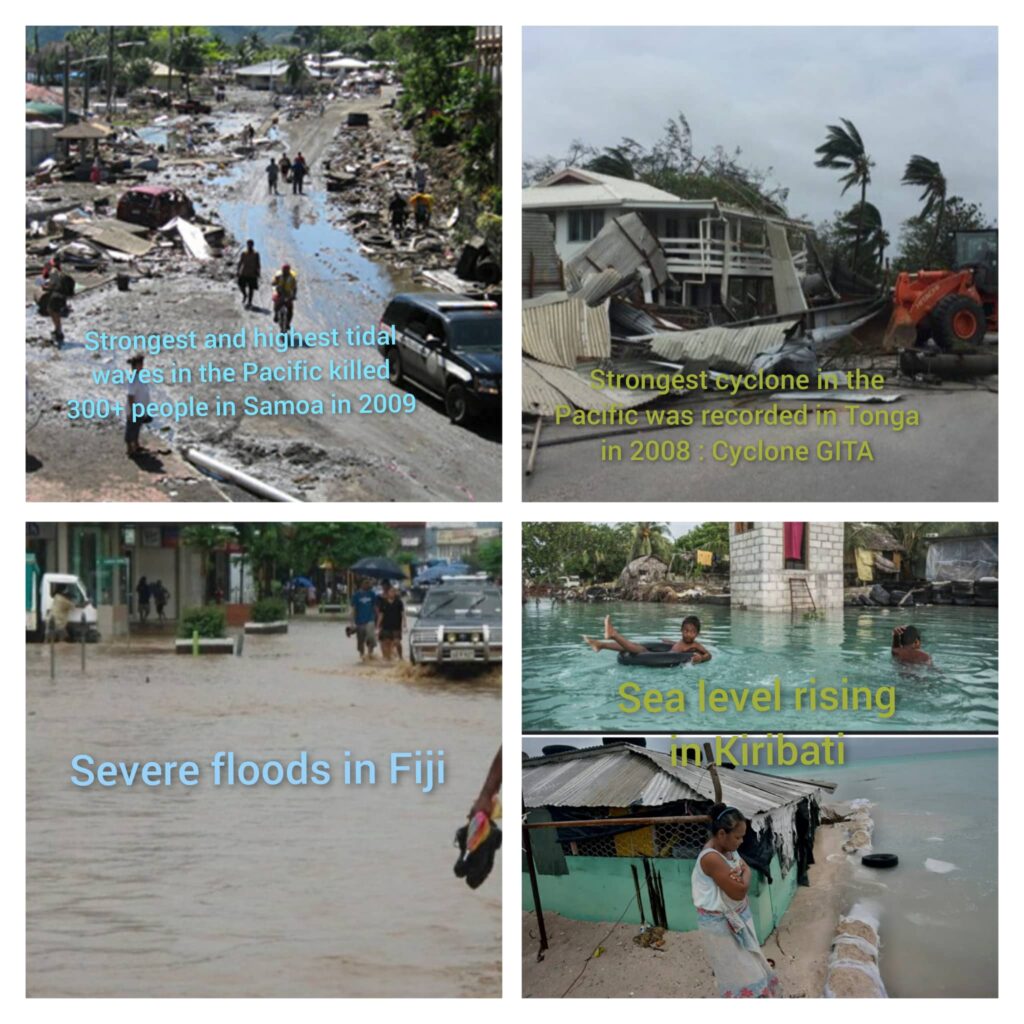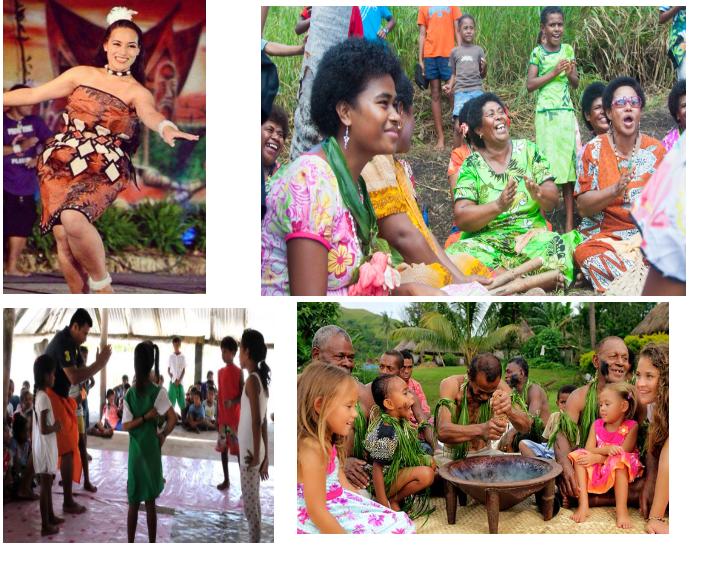There is a significant problem of a lack of highly skilled teachers within Pacific schools who have the necessary pedagogical skills to teach Climate Change within schools. This has been recognized as a barrier to the integration of Climate Change into the formal education process. According to Monroe (2017) there are some teachers who believe that they lack the necessary skills and knowledge to teach effectively about climate change. It is because climate change has several aspects that make it an especially challenging topic to teach. To resolve this issue, there are several approaches that teachers can use, such as participating in workshops and trainings to develop the knowledge and skills that will enable them to deliver lessons in accordance with the Education for Sustainable Development framework. Another solution would be to utilize indigenous knowledge for teaching how to adapt and mitigate climate change. It is possible, for example, for teachers to teach students how to mitigate or adapt to climate change through the use of life-long traditional approaches to climate change, such as dances, stories, songs, traditional weather forecasts, and agricultural practices.
While growing up in Tonga, I recall our primary school teachers telling us stories about how our ancestors used traditional warning signs to recognize the onset of weather disasters such as cyclones and heavy rainfall. For example, a cyclone is likely to occur the following year when a large number of fruits such as breadfruit grows in bunches and not just one or two together. Another traditional warning signs for cyclones is the change in shape of the new growth on banana plants, which curls over rather than growing straight up. As a result, our teachers taught us these signs through singing and drawing so that we would be well prepared all the time.
Reference;
Martha C. Monroe, Richard R. Plate, Annie Oxarart, Alison Bowers & Willandia A. Chaves (2019) Identifying effective climate change education strategies: a systematic review of the research, Environmental Education Research, 25:6, 791-812, DOI: 10.1080/13504622.2017.1360842

